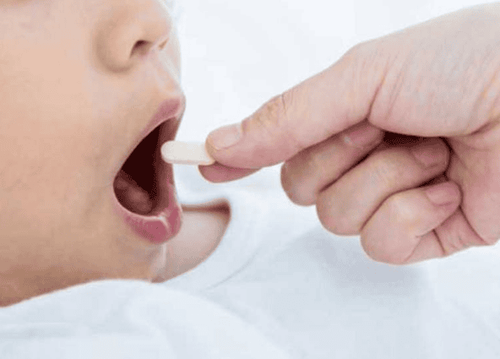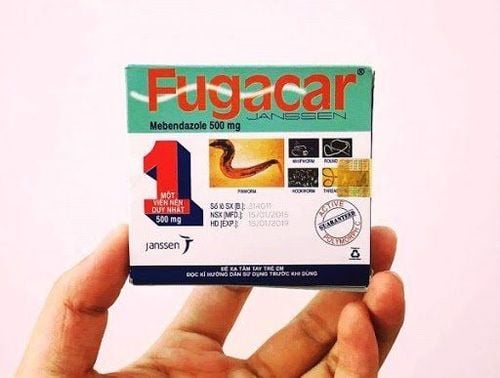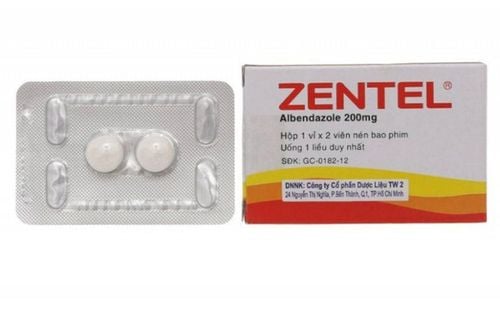Worms are parasites that live in the human intestinal tract. Anyone can be infected with worms, and the rate of infection is often higher in young children. One reason is that children frequently play in soil and scratch their anus, making it easy for them to contract pinworms. So, when is it most appropriate to give children deworming medication?
1. Common Deworming Medications Available on the Market
Deworming medications are drugs that help eliminate intestinal parasites (worms). Their mechanism works by preventing the worms from synthesizing nutrients they need, causing them to die, or by paralyzing the worms so they are expelled in the stool. However, current deworming medications cannot kill worm eggs—only larvae and adult worms.
Common deworming medications include:
- The group including mebendazole, thiabendazole, albendazole, pyrantel can eliminate roundworms, hookworms, whipworms, ascaris, pinworms, and even tapeworms.
- Another group of drugs can remove worms outside the intestine, for example: ivermectin (which removes threadworms, filarial worms), and diethylcarbamazine for treating lymphatic filariasis.
2. When Should Children Take Deworming Medication?
Currently, most deworming medications contain the active ingredients albendazole or mebendazole. Mebendazole is nontoxic and works by inhibiting the worms’ ability to consume nutrients. This medication is available over-the-counter, so you can give it to children periodically—every 4 to 6 months, a single dose of 500mg. Mebendazole is recommended for children aged 2 years and older. It can be taken at any time of day, with or without food. Mebendazole is easier to use than older deworming treatments because it does not require fasting or the use of laxatives.
However, these medications can still cause unwanted side effects such as nausea, vomiting, or abdominal pain. To avoid these symptoms, you can give the medicine after breakfast. For the best deworming effect, you can have the child take the medication about 2 hours after dinner or early in the morning on an empty stomach.
Do not give deworming medication to pregnant women (especially in the first 3 months of pregnancy). It’s advised to deworm before planning to have children. Many doctors believe that children over 12 months old can start deworming, or even earlier under the guidance of a specialist.
Deworming children regularly every year is very necessary. Regular deworming helps prevent malnutrition and stunted growth in children.
3. Some Measures to Prevent Worm Infections
In addition to using medication, you should teach children how to prevent worm infections, such as:
- Maintain personal hygiene: Wash hands before eating and after using the toilet, avoid playing in dirty places, bathe regularly, don’t walk barefoot, and don’t let children crawl around on the ground. Cut their fingernails, wear sandals regularly, and use protective gear when in contact with soil.
- Eat thoroughly cooked food and boiled water, ensure hygienic food preparation.
- Manage fresh feces properly, especially in areas where people might be infected with adult pork tapeworms. Use hygienic latrines. Do not allow pigs to roam freely. Do not use fresh manure to fertilize crops, especially vegetables.
Hopefully, this information about when to give children deworming medication will help parents find the answers they need and care for their children better, enabling them to grow and develop fully.
To arrange an appointment, please call HOTLINE or make your reservation directly HERE. You may also download the MyVinmec app to schedule appointments faster and manage your reservations more conveniently.













